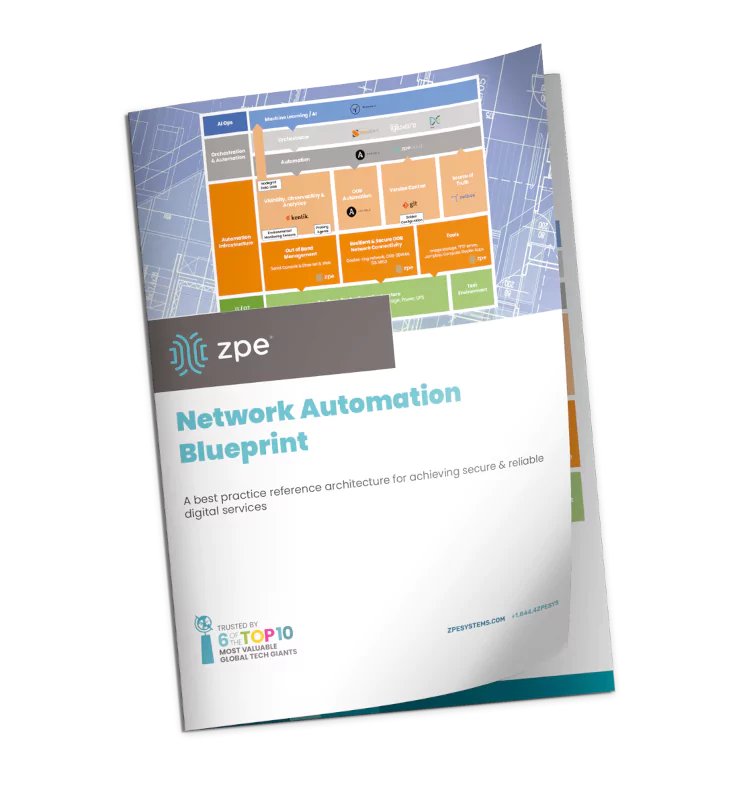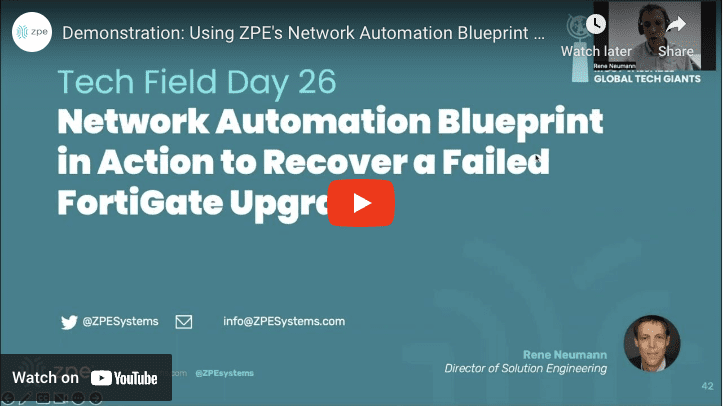Close cybersecurity gaps with the Network Automation Blueprint
Automation saves hyperscalers millions of dollars in downtime and security breach costs. But without best practices, most companies find the trial-and-error to be too risky.
The Network Automation Blueprint features eight years’ worth of best practices from Fortune 500s, along with the reference design they use to quickly recover from mistakes. The 40-page blueprint was validated by ONUG’s Hyperautomation Working Group as the practical approach to address application downtime, IT staff/skill shortages, and frequent security patching. IT teams use it to:
- Uphold SLAs with a smaller workforce
- Maintain site availability with remote automation
- Close security gaps with automated patching/rollbacks
Click the button to get the full blueprint

Automate without the risk of breaking IT
Downtime costs millions per hour, and IBM reports the average breach now costs $4.54 million to rectify. More companies are turning to automation, but the required skills and tools don’t leave any room for error. What if your Friday-night upgrade takes down the network or comes with a CVE that blows a hole in your security posture?
The Network Automation Blueprint is the result of direct collaboration with global internet, retail, ecommerce, and other tech giants who needed to address these concerns. They use it to put in place infrastructure that allows them to:
- Test automation before pushing to production
- Use low-code/no-code tools for faster integration
- Roll back to safe configs with an automation ‘undo’ button
Here’s a look at how this automation infrastructure serves as a safety net to keep bad automation out of the production infrastructure.
Watch the blueprint recover from a failed upgrade
ZPE’s Director of Solution Engineering Rene Neumann walks you through a common scenario — how to roll back a failed device upgrade. See how the Network Automation Blueprint helps you roll back to a safe config in minutes and maintain the integrity of your network.

Where did the Network Automation Blueprint come from?
Read the blog on ONUG.net for details about the blueprint’s development. See how it stemmed from a hyperscaler that needed to uphold ~99.99% availability, and why it’s now being used to close security gaps like the recent Fortinet CVE.


